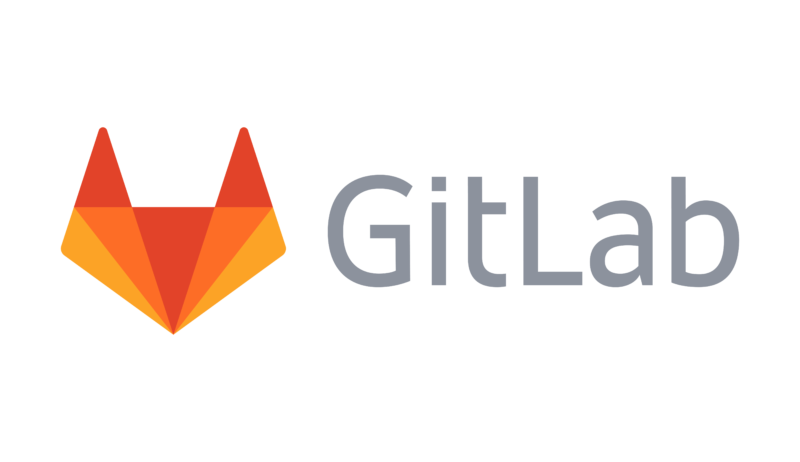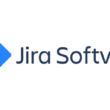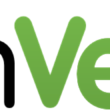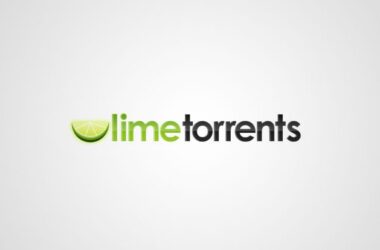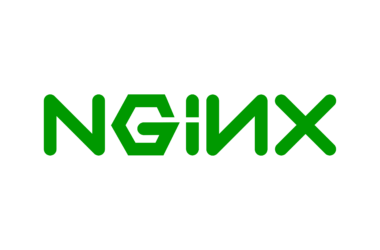In the ever-evolving landscape of project management and version control, where innovation is the heartbeat of progress, the quest for the right platform emerges as a crucial endeavor. GitLab has undeniably stood as a dominant player, navigating the intricate terrain with its robust features and comprehensive version control capabilities. However, in the dynamic world of technology, where adaptability is key, there comes a juncture when exploring alternatives becomes a necessity.
This article serves as a guiding light, leading us into the expansive realm of GitLab alternatives. Within this exploration, we will not only scrutinize the features and limitations inherent in these alternatives but also unravel the unique facets that set them apart. The goal is not just to find a substitute but to unearth platforms that offer tailored solutions, addressing the evolving needs of project management and version control in a landscape that constantly demands innovation and adaptability.
Features And limitations Of GitLab

In the realm of GitLab, a nuanced exploration is essential, unraveling the intricacies of its features and potential limitations. This comprehensive understanding serves as a navigational guide, empowering users to make informed decisions that align with their project management and version control needs.
Features of a Robust GitLab Alternative
- Efficient Collaboration: Seamless communication, real-time updates, and intuitive collaboration features ensure productive teamwork.
- Scalability and Performance: Evaluate the platform’s ability to handle project growth without compromising performance.
- Integration Possibilities: Wide-ranging integrations with other tools enhance the overall development pipeline.
- Customization Options: Flexibility in customization allows tailoring the platform to specific project requirements.
- User-Friendly Interface: A user-friendly design simplifies the onboarding process and daily operations.
Limitations of GitLab: What to Consider
- Complex Configuration: GitLab’s extensive features may come with a complexity in configuration, especially for new users.
- Resource Intensiveness: For smaller teams or projects, GitLab’s resource requirements might be excessive.
- Learning Curve: GitLab’s learning curve can be steep, affecting onboarding and productivity.
- Cost Considerations: While GitLab offers a free version, certain advanced features come with a price tag.
- Advanced Features Accessibility: Some users may find GitLab’s advanced features challenging to access or utilize effectively.
What Sets GitLab Alternatives Apart?
Distinguishing itself from the crowd, GitLab alternatives exhibit unique attributes that set them apart in the competitive landscape of project management and version control solutions. These alternatives go beyond merely filling the void left by GitLab, offering distinct advantages and specialized functionalities that cater to diverse development needs. Understanding what sets these alternatives apart is crucial for discerning teams seeking a tailored fit for their specific workflows and objectives.
Understanding the Need for a GitLab Alternative

Embarking on a journey to explore GitLab alternatives involves a nuanced understanding of the specific needs and challenges that drive teams to seek alternative solutions in the realm of project management and version control.
1. Scalability Challenges
As projects evolve and expand, teams often encounter scalability challenges with GitLab. In such scenarios, exploring alternatives becomes imperative to ensure that the chosen platform can seamlessly accommodate the growing demands of the project. A scalable alternative provides the flexibility and resources required to support the team’s evolving needs without compromising on performance.
2. Simplicity and User Adoption
GitLab’s robust feature set comes at the cost of a steeper learning curve, which can impact user adoption and overall productivity. Teams may seek alternatives that prioritize a more user-friendly experience, offering intuitive interfaces and streamlined workflows. Switching to a platform with simpler navigation and onboarding processes ensures a smoother transition and enhanced collaboration within the team.
3. Cost Efficiency
While GitLab offers a free version, certain advanced features come with associated costs. Teams operating under budget constraints may find it necessary to explore cost-efficient alternatives that align with their financial considerations. Evaluating the overall expenses, both short-term and long-term, ensures a judicious investment in a version control and project management solution that meets the team’s requirements without breaking the bank.
4. Tailored Solutions for Unique Projects
Every project is unique, with specific requirements and workflows. GitLab, being a comprehensive platform, may not always cater to the nuanced needs of certain projects. Teams may seek alternatives that offer greater customization options, allowing them to tailor the platform to specific project requirements. The need for a tailored solution becomes apparent when projects demand a more flexible and adaptable approach that goes beyond the standardized features offered by GitLab.
Commonly Used GitLab Alternatives For Version Control and Project Management
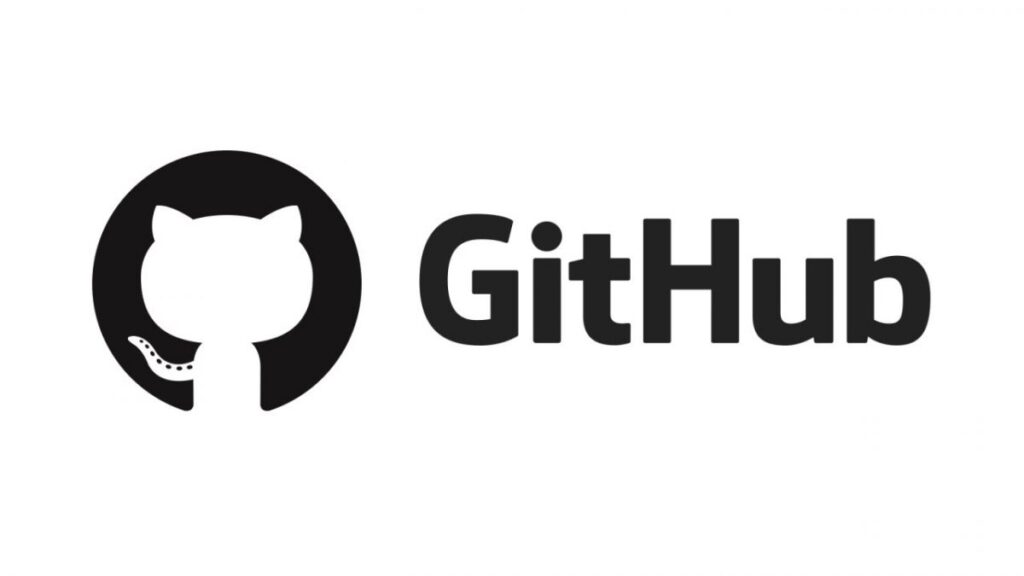
Navigating the diverse landscape of version control and project management alternatives to GitLab unveils a myriad of compelling options, each with its distinct strengths and capabilities. Let’s delve deeper into the standout features and functionalities that define these commonly used GitLab alternatives, providing a comprehensive guide for teams seeking the perfect fit for their development endeavors.
1. GitHub
GitHub an attractive Netlify alternative, a titan in the version control space, is celebrated for its user-friendly interface and extensive community support. Developers and teams flock to GitHub for its seamless collaboration features, efficient code review processes, and a vast array of integrations that enhance the overall development workflow. The platform’s popularity extends beyond version control, making it a hub for open-source projects, fostering a collaborative environment that transcends geographical boundaries.
2. Bitbucket
Bitbucket, backed by Atlassian, stands out with its dual support for Git and Mercurial, providing flexibility for diverse version control needs. Its notable integration with Jira elevates it as a comprehensive solution within the Atlassian ecosystem. Teams using Bitbucket benefit from a harmonious integration of project management and version control, streamlining workflows and ensuring a cohesive development experience.
3. GitKraken
GitKraken’s appeal lies in its visually intuitive interface, making complex Git operations accessible to developers of all skill levels. The platform’s focus on collaboration is evident in features such as real-time collaboration and cross-platform compatibility. GitKraken aims to simplify version control without sacrificing functionality, providing teams with a user-friendly alternative to navigate the intricacies of collaborative software development.
4. SourceForge
SourceForge, with its longstanding history, remains a cornerstone in the realm of version control and project management. Embracing an open-source ethos, SourceForge attracts developers seeking transparency and community-driven development. Its robust features extend beyond version control, encompassing project hosting, issue tracking, and collaborative tools that contribute to an inclusive and communal approach to software development.
5. Perforce
Perforce, favored in enterprise settings, excels in addressing the scalability and performance demands of large projects. With a focus on advanced version control capabilities, Perforce stands as a stalwart alternative for organizations managing complex codebases. Its reliability in handling expansive development environments makes it a trusted choice for teams aiming for efficiency and precision in version control.
6. AWS CodeCommit
Amazon Web Services’ CodeCommit provides a secure and scalable GitLab alternative tailored to teams immersed in the AWS ecosystem. Its seamless integration with other AWS services offers a holistic approach to version control and project management. CodeCommit emerges as a strategic choice for teams leveraging AWS infrastructure, ensuring a cohesive and efficient development pipeline within the AWS environment.
7. GitLab Self-Hosted
The self-hosted option within GitLab grants teams unparalleled control over their development environment. This GitLab alternative appeals to those who seek autonomy, enabling organizations to tailor GitLab to their specific needs. By addressing concerns related to complexity and resource usage, the self-hosted option empowers teams with a hands-on approach to version control and project management.
8. Azure DevOps
Microsoft’s Azure DevOps presents a comprehensive platform covering the entire spectrum of the development lifecycle. With robust version control, CI/CD pipelines, and extensive collaboration features, Azure DevOps competes strongly with GitLab. Its seamless integration with other Microsoft tools ensures a cohesive development experience for teams within the Microsoft ecosystem.
9. RhodeCode
RhodeCode caters to enterprises with its emphasis on advanced version control and heightened security features. Offering customization options, RhodeCode becomes an attractive GitLab alternative for organizations prioritizing control over their codebase. Its robust security measures and flexibility make it a trusted choice for businesses navigating the intricate landscape of version control.
10. Gitea
Gitea, an open-source Git service, distinguishes itself with a lightweight design that resonates with smaller teams and individual developers. Simplicity is key, and Gitea delivers an easy-to-use GitLab alternative without compromising on essential version control features. Ideal for those seeking a streamlined solution, Gitea offers a refreshing approach to collaborative software development.
Factors To Consider While Choosing The Perfect GitLab Alternative
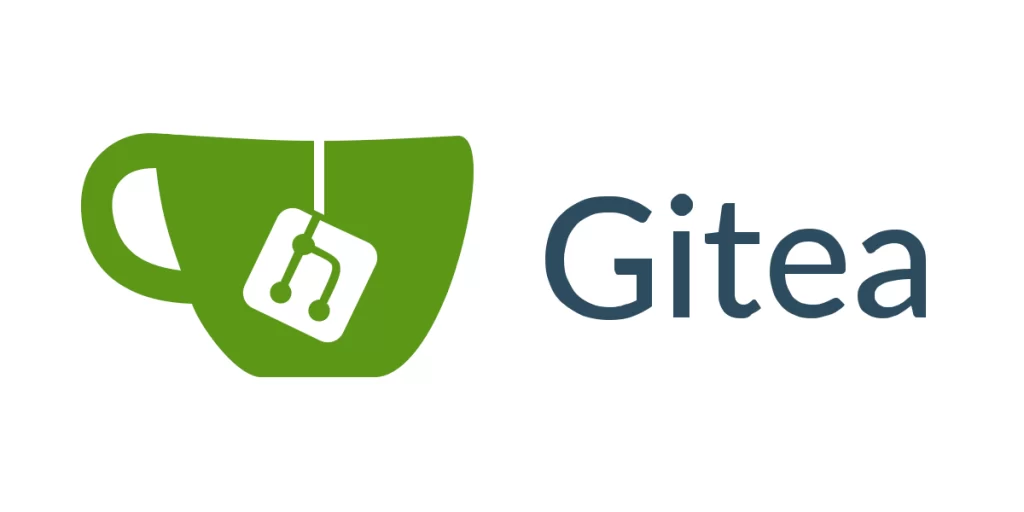
Embarking on the journey to find the perfect GitLab alternative involves a meticulous consideration of various factors that intricately shape the dynamics of your team, projects, budget, scalability needs, and the strength of community support.
1. Team Size and Structure
Understanding the dynamics of your team size and structure is paramount when selecting the ideal GitLab alternative. Different platforms cater to varying team sizes, ranging from small, agile teams to large, enterprise-scale organizations. Assessing how well an GitLab alternative aligns with your team’s structure ensures a seamless integration and collaboration experience tailored to your specific needs.
2. Project Complexity
The complexity of your projects plays a pivotal role in determining the right GitLab alternative. Some alternatives specialize in handling intricate codebases, offering features and tools designed to streamline the management of complex projects. Evaluating the intricacy of your projects and matching them with a platform that excels in managing such complexities is crucial for maintaining efficiency and productivity.
3. Cost and Budget Constraints
Navigating through budget constraints is a common consideration in the decision-making process. While GitLab offers a free version, teams often need to evaluate the costs associated with advanced features and scalability. Examining the pricing models of GitLab alternatives ensures that the chosen platform not only meets your project requirements but also aligns with your budget, both in the short and long term.
4. Scalability
Scalability is a critical factor, especially for growing teams and projects. Assessing how well an alternative can scale alongside your expanding projects ensures that it remains a viable solution in the long run. A platform that can effortlessly accommodate increased workloads and project complexities guarantees a sustainable and efficient version control and project management experience as your team evolves.
5. Community and Support
The strength of the community and the level of support offered by an alternative are often underestimated but crucial factors. A vibrant community contributes to a wealth of resources, knowledge-sharing, and timely assistance. Ensuring that the GitLab alternative you choose has an active community and reliable support channels guarantees a smoother experience, with assistance readily available when needed.
Conclusion
Navigating the diverse terrain of project management and version control, the realm of GitLab alternatives unfolds a rich spectrum of choices, each uniquely tailored to address specific needs. As you embark on this exploration, a judicious assessment of your team’s requirements becomes the compass guiding your journey. Delving into the nuanced intricacies of each alternative, comprehending their distinctive strengths and potential shortcomings, ensures an informed decision-making process.
The factors outlined here serve as essential markers, illuminating the path toward discovering the perfect fit for your development endeavors. This deliberate and thoughtful approach ensures that the chosen alternative not only aligns with your current needs but also stands resilient in the face of evolving project landscapes, fostering a seamless and productive development experience for your team.




